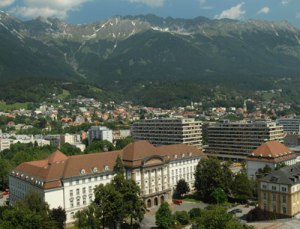I was asked to write an article relating the teaching of Aquinas to contemporary science for the journal Scientia et Fides. I decided to use and further develop the material contained in my doctoral dissertation. I expanded my reinterpretation of the classical notion of emergence, with its emphasis on the role of downward causation, in terms of the fourfold notion of causation in Aristotle and Aquinas, and the theory of divine action offered by the latter. The PDF version of the article is available HERE.
Abstract of the article:
One of the main challenges of the nonreductionist approach to complex structures and phenomena in philosophy of biology is its defense of the plausibility of the theory of emergence and downward causation. The tension between remaining faithful to the rules of physicalism and physical causal closure, while defending the novelty and distinctiveness of emergents from their basal constituents, makes the argumentation of many proponents of emergentism lacking in coherency and precision. In this article I aim at answering the suggestion of several thinkers to redefine emergence and downward causation in terms of the broader Aristotelian view of causation. In addition, I further develop this interdisciplinary conversation to include theological implications of emergentism, analyzed in reference to Aquinas’ understanding of divine action in terms of the same fourfold division of causes—bringing thus natural science, philosophy, and theology into creative and fruitful dialogue.
Keywords: emergence; downward causation; hylomorphism; teleology; Aristotle; Aquinas.

